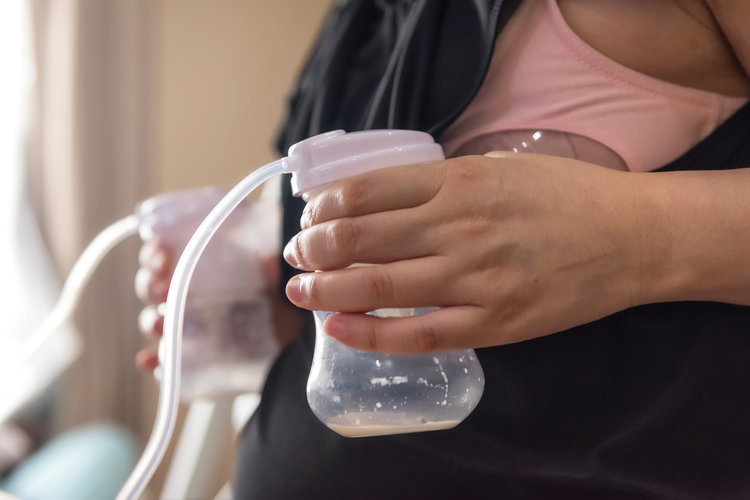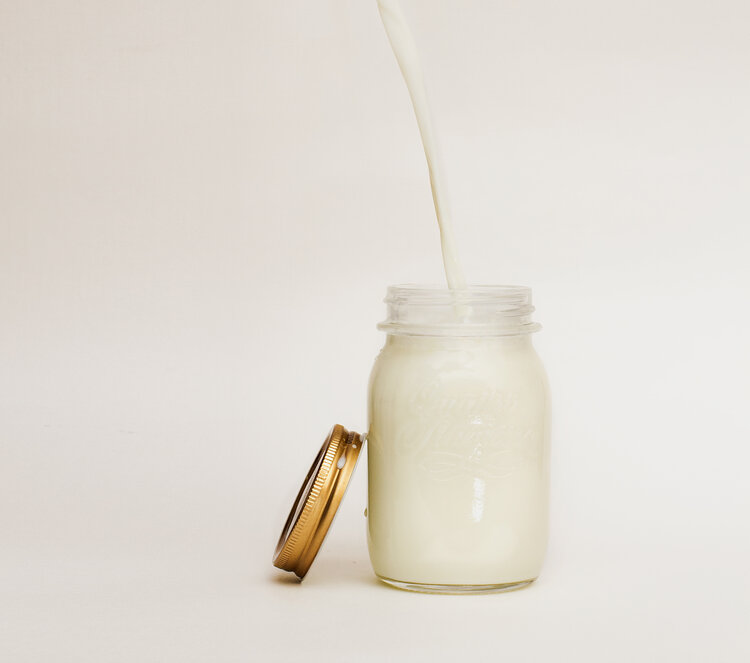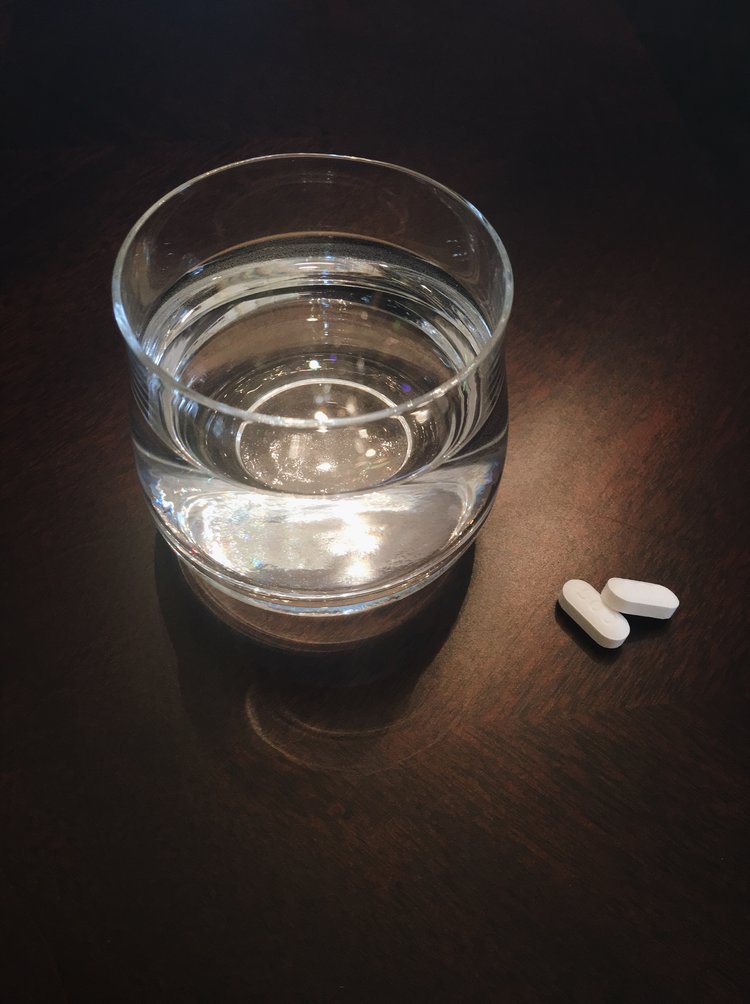
The Centers for Disease Control and Prevention (CDC) offers guidance on infant formula. Babies younger than age 12 months who are fed formula should be given a product specifically designed to meet their nutritional needs. Formula for toddlers, homemade infant formula, and formula imported from outside of the United States is not recommended.
According to the CDC, the Food and Drug Administration (FDA) reviews all infant formulas sold legally in the United States to make sure they meet minimum nutritional and safety requirements. The FDA also makes sure that the water used to make formulas meets safety standards set by the US Environmental Protection Agency.
Your health care team may be helpful in selecting an infant formula brand or type. The CDC notes to check the packaging expiration date and to confirm that the container is sealed and in good condition. When preparing formula, follow the instructions carefully. Measure the appropriate amount of water first before adding formula powder. Hand washing prior to handling clean bottles and other supplies is also important. Never use a microwave for bottle warming because of uneven heating and the potential to burn the baby’s mouth and throat.
THE CDC OFFERS THE FOLLOWING GUIDANCE ON FORMULA STORAGE AND USE:
- Store unopened infant formula containers in a cool, dry, indoor place—not in vehicles, garages, or outdoors.
- Prepared infant formula can spoil if it is left out at room temperature.
- Use prepared infant formula within 2 hours of preparation and within one hour from when feeding begins.
- If you do not start to use the prepared infant formula within 2 hours, immediately store the bottle in the fridge and use it within 24 hours.
- Throw out any infant formula that is left in the bottle after feeding your baby. The combination of infant formula and your baby’s saliva can cause bacteria to grow. Be sure to clean and sanitize the bottle before its next use.
While The American Academy of Pediatrics and the American Congress of Obstetricians and Gynecologists recommend exclusive breastfeeding for infants’ first six months, followed by continued breastfeeding with the introduction of solid food for one year or longer, we recognize many factors play into decisions of how you will feed your baby. If you are providing your infant formula, it is important that you follow guidelines that will help you prepare, store, and feed your baby safely. The Center for Disease Control has provided the following guidance on how to prepare safely, feed your baby, and store formula your baby.
















